
Remibrutinib is the first oral BTK inhibitor for chronic spontaneous urticaria, with a dual mechanism of action that blocks 2 key autoimmune mechanisms.
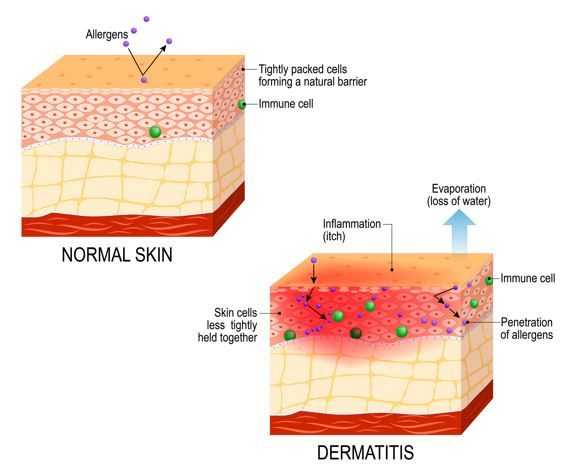
5 Novel Mechanisms Reshaping Atopic Dermatitis Treatment and the Phase 2-3 Clinical Trials That Support Them

Remibrutinib is the first oral BTK inhibitor for chronic spontaneous urticaria, with a dual mechanism of action that blocks 2 key autoimmune mechanisms.
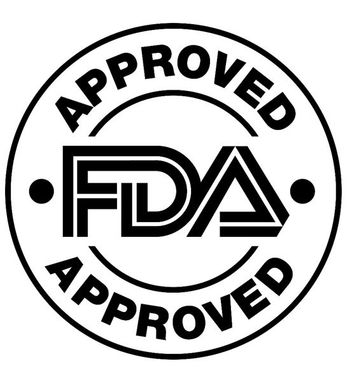
The FDA has approved guselkumab for children aged 6 years and older with moderate to severe plaque psoriasis or active psoriatic arthritis, making it the first IL-23 inhibitor authorized for pediatric use.

Patient Care tapped the rich trove of research and expert perspectives from the Revolutionizing Atopic Dermatitis 2025 conference to create a snapshot of the AD care of the future.

The findings highlight rezpegaldesleukin's novel broad-based Treg mechanism, suggesting it may be a potent option with potential for disease modification in atopic dermatitis.

EADV 2025: Guttman-Yassky has great confidence in the future of agents that block the OX40 pathway, suggesting that they have the potential for disease modification.

Incyte announced the agency's decision, which was based on findings of significant reduction in atopic dermatitis signs and symptoms during the TRuE-AD3 clinical trial.

EADV 2025: Guttman-Yassky presented data from the phase 3 ROCKET-IGNITE trial and highlights its importance in the context of the global ROCKET development program.

The novel IL-22 blocker was associated with improvements in EASI as early as week 1 for lower doses and week 2 for the highest dose, compared with placebo.

EADV 2025: New phase 3 data reveal delgocitinib cream's efficacy for chronic hand eczema in adolescents, confirming its safety profile in adults.
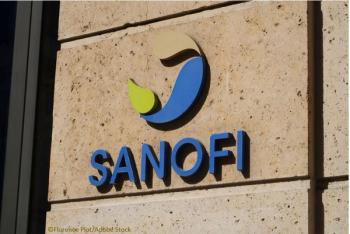
Sanofi's amlitelimab, dosed every 4 or 12 weeks, was superior to placebo in efficacy and skin clearance, with efficacy increasing throughout the treatment period.
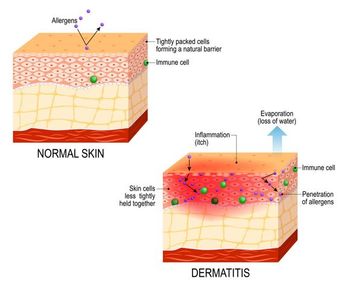
MRGPRX2 antagonism is the only known mechanism of action designed to modulate mast cells and sensory neurons, both key drivers of lesions and itch in AD.

Discover the latest advancements in atopic dermatitis treatment, including new topical agents and biologics, enhancing care for patients with moderate to severe conditions.

Linda Stein Gold, MD, reviews AAD’s 2025 updates on new topical and biologic options for adult atopic dermatitis.

Your daily dose of the clinical news you may have missed.
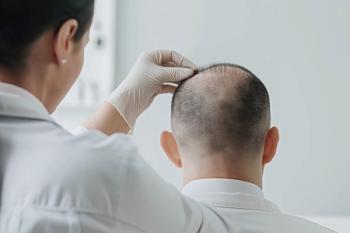
AbbVie reports that upadacitinib met primary and secondary endpoints, with up to 55% of patients achieving at least 80% scalp hair coverage at 24 weeks.

The statistically significant improvements seen in key HS symptoms during GLP-1 treatment for obesity suggest overlap in both mechanistic and immunologic effects.

The oral peptide that selectively targets IL-23 offers a novel approach to quelling the inflammatory process that underlies plaque psoriasis.
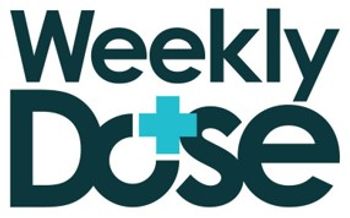
Insights on atopic dermatitis treatment preferences, the safety of childhood vaccines, maternal depression’s effect on parenting, and more.

Your daily dose of the clinical news you may have missed.

The nonsteroidal topical pan-JAK inhibitor provides a potent treatment option for adults with CHE who have not responded to corticosteroids or cannot tolerate them.

Atopic dermatitis flares should be factored in to an assessment of disease severity and prognosis, the authors note, and a threshold established for acceptable frequency.

Your daily dose of the clinical news you may have missed.

Your daily dose of the clinical news you may have missed.

Your daily dose of the clinical news you may have missed.

Discover essential clinical insights on Alzheimer disease screening in primary care, eczema treatments, and the latest in cancer detection and diet impacts on CHD risk.